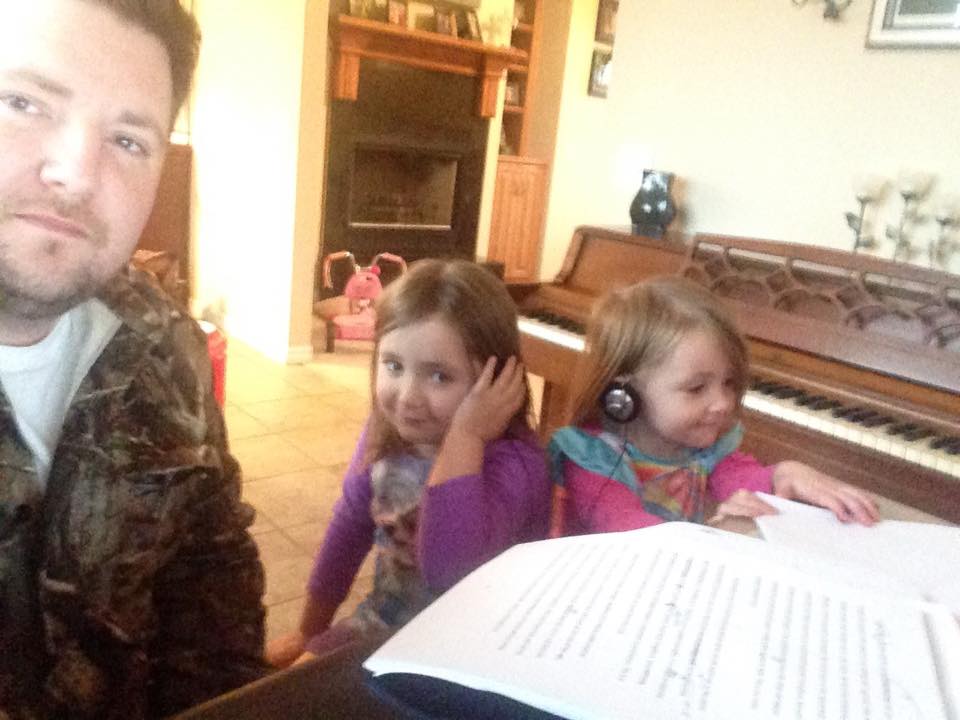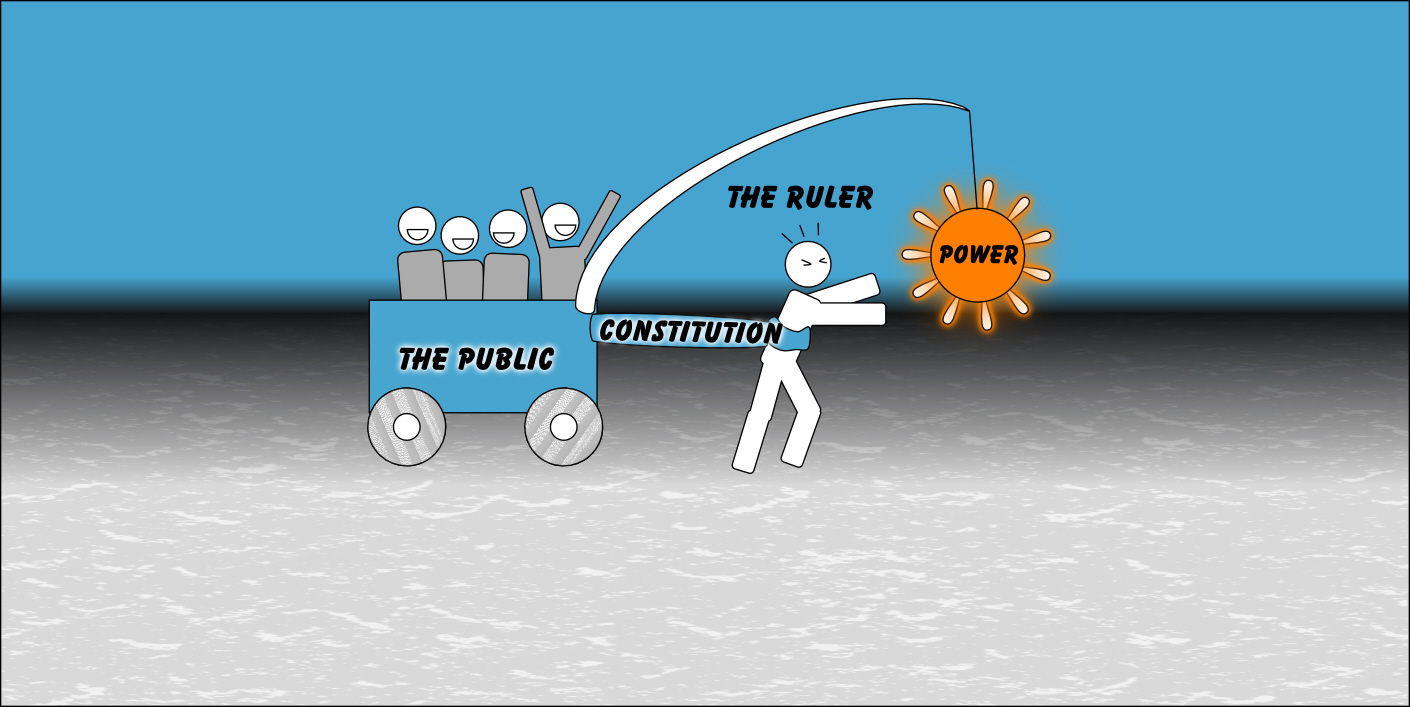
God Uses Your Writing in Your Writing Ministry
The title of this post sounds ridiculous I know. I’m sure this article will get flagged by the A3…
April 21, 2016
The title of this post sounds ridiculous I know. I’m sure this article will get flagged by the A3…
April 21, 2016
Like me you are probably trying to build a support team for your writing — a reading group, a…
March 26, 2016
Students of English learn quickly that to every rule, there is an exception; sometimes the exception is the rule.…
March 18, 2016
Particularly for new writers beginning the blogging journey, comparison can kill confidence and create problems. New bloggers often struggle with…
February 16, 2016
I work like a mad scientist. When I am working on a writing project I am all in —…
February 8, 2016
Christian nonfiction writers receive all the credit for being the biblical and spiritual teachers. If we want to learn…
January 20, 2016
So God has called you to write. You have a “writing calling”. He has burdened your heart to share…
December 22, 2015
In my last post, How Humor Helps When Writing About Sensitive Topics, I explained how working humor into the…
December 19, 2015
“Daddy are there potties in Heaven?” My two-year old daughter asked when the subject of Heaven came up. She…
November 8, 2015
The people in your world need governance. I’m sorry. I wish I could make it untrue, but a believable…
September 5, 2015
Want a great investment idea for your writing career? Go to a Christian writers Conference. You will meet the…
July 18, 2015
I went to a meeting just to be nice to my friend, but I heard a phrase I have…
June 17, 2015